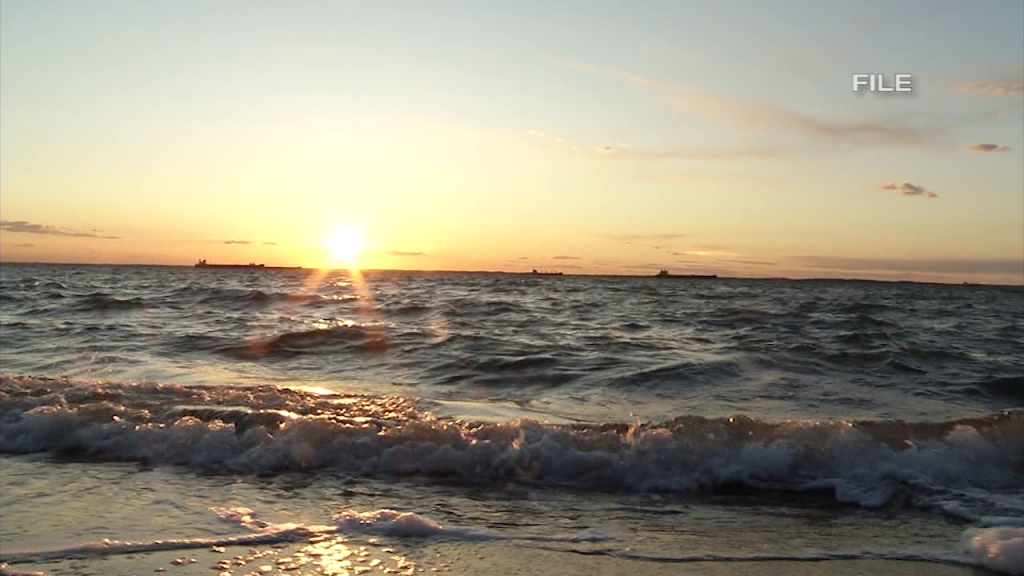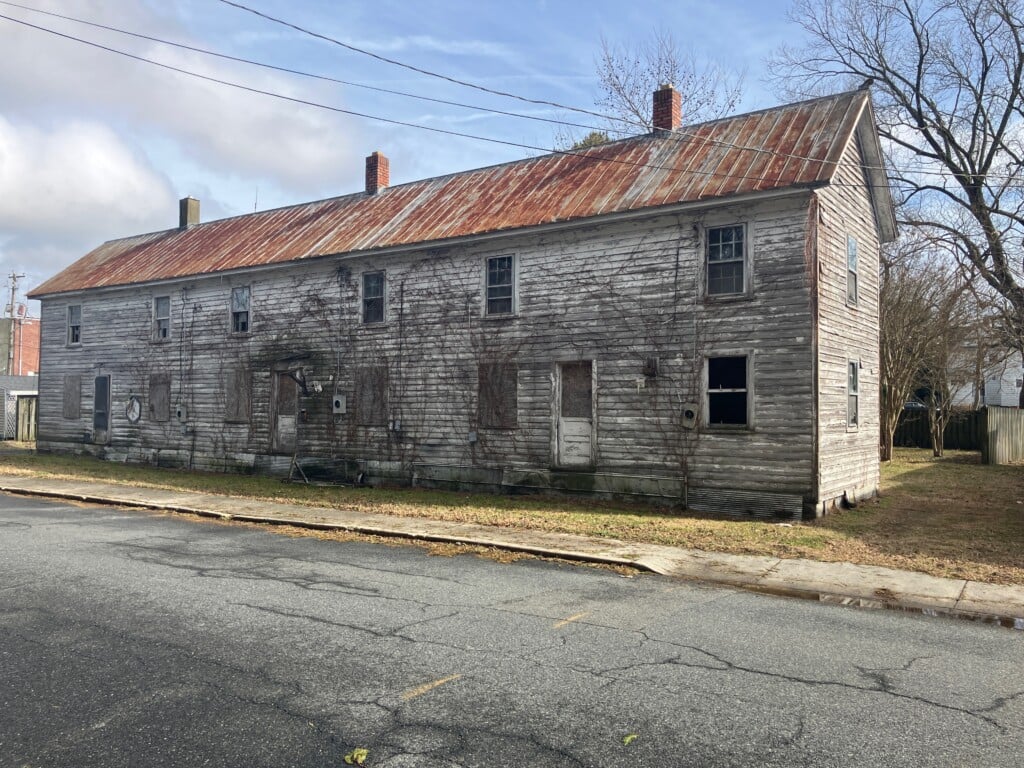Maryland bill proposed on regulating industrial sludge for fertilizer use
Maryland – A proposed bill in Maryland would help crack down on industrial sludge left over from places like poultry processing plants. DAF, otherwise referred to as dissolved air flotation material, has few regulations in Maryland on where it can be stored and how much can be applied to farmland.
Residents of Wicomico County, like Brian McCabe, and residents of other counties across Maryland, have made several complaints about this smelly industrial sludge that is made up from leftover animal by products.
“Oh man, it smells horrible,” McCabe commented.
Residents who live near these containers say in addition to leaving behind a putrid smell, it can also contaminate the watershed.
However, House Bill 991 and Senate Bill 1074 are meant to address the increased amount of DAF that has entered the state of Maryland because of inadequate regulation.
Alan Girard with the Chesapeake Bay Foundation says the leftover material is often used as fertilizer for soil with farming.
“It is a problem in Maryland, because our neighbors do have extensive permitting programs,” Girard said. “A lot of the material is coming to Maryland because it is effectively not regulated.”
Girard also said that farmers in Maryland may not be applying the material to their soil in safe amounts.
“Neighbors and communities have complained about smells, flies, getting into their hair, into their carpets and in their houses for weeks,” Girard said. “It’s not only been a nuisance, but the water quality impacts are bad as well.”
“Every time I drive by it, it smells awful. There are playgrounds right next to it. It’s just unsanitary,” McCabe added.
Another big problem is knowing what is in the material, before applying it to the soil. Some containing facilities have other byproducts that could impact the quality of the soil.
“When the carcasses, the beaks, the feathers get rendered down, the sludge that leaves those facilities is really this unaccounted for discharge that this bill tries to address,” Girard said.
Some counties, like Carroll County and Wicomico County, have complained and even banned the storage of this material because of the smell being such a disturbance to local residents.
In recent years, half of the material that is applied to land in Maryland is from out of state and that is the loop hole this bill is trying to close.


